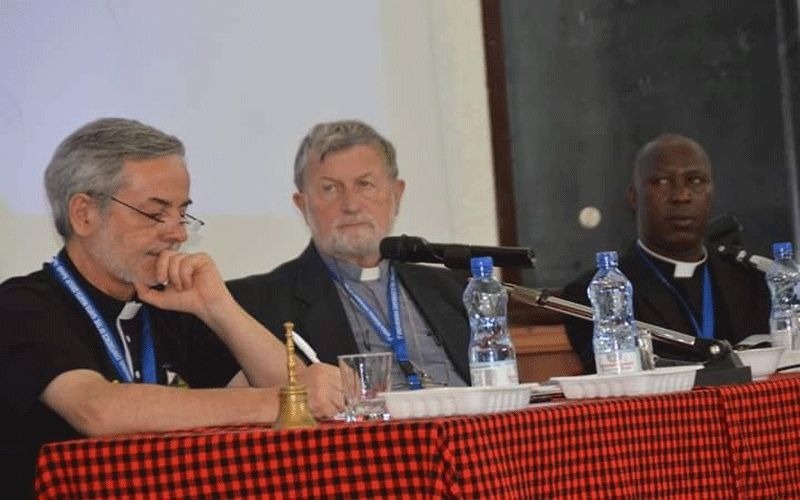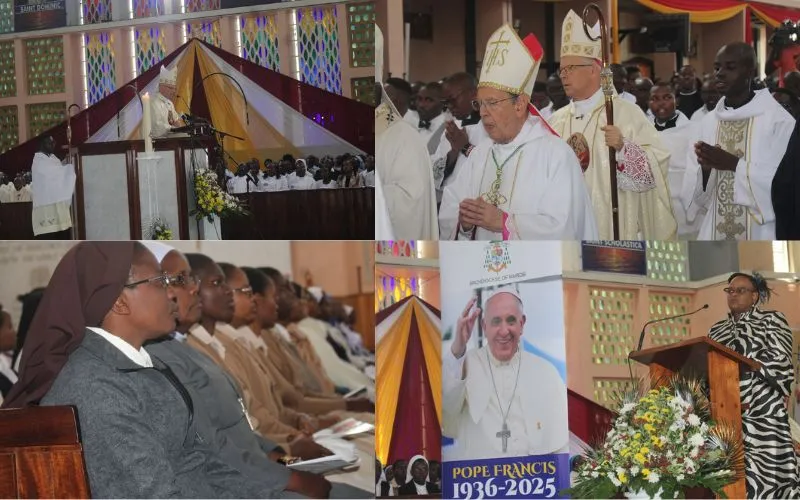Nairobi, 07 October, 2019 / 6:00 pm (ACI Africa).
The just concluded Nairobi convention on the challenge of human trafficking has tasked the local Churches in Africa under their umbrella bodies, that is, Conferences of Catholic Bishops, to spearhead the plans of action, which the meeting resolved and outlined in 26 recommendations.
Establishing “a desk dealing with human trafficking” at the level of Bishops’ conferences and dioceses, identifying human trafficking “hot spots”, and collaborating “with the law enforcement authorities, judiciary, immigration department, (and) police forces” are among the action plans, which the Nairobi conference tasked the Catholic Bishops on the African continent to implement.
“Each Bishops’ conference to create safe houses for victims of human trafficking,” reads another recommendation contained in the communique at the end of the Nairobi conference organized by Santa Marta Group.
The conference, the second one on the continent, also tasked the Conferences of Bishops in Africa to develop initiatives “that will provide and establish means of livelihood such as agribusiness and entrepreneurship.”
The use of drama, poetry, and music and the translation of pastoral documents into local languages were also recommended as plans of action to be implemented under the leadership of the Catholic Bishops’ Conferences in Africa.








